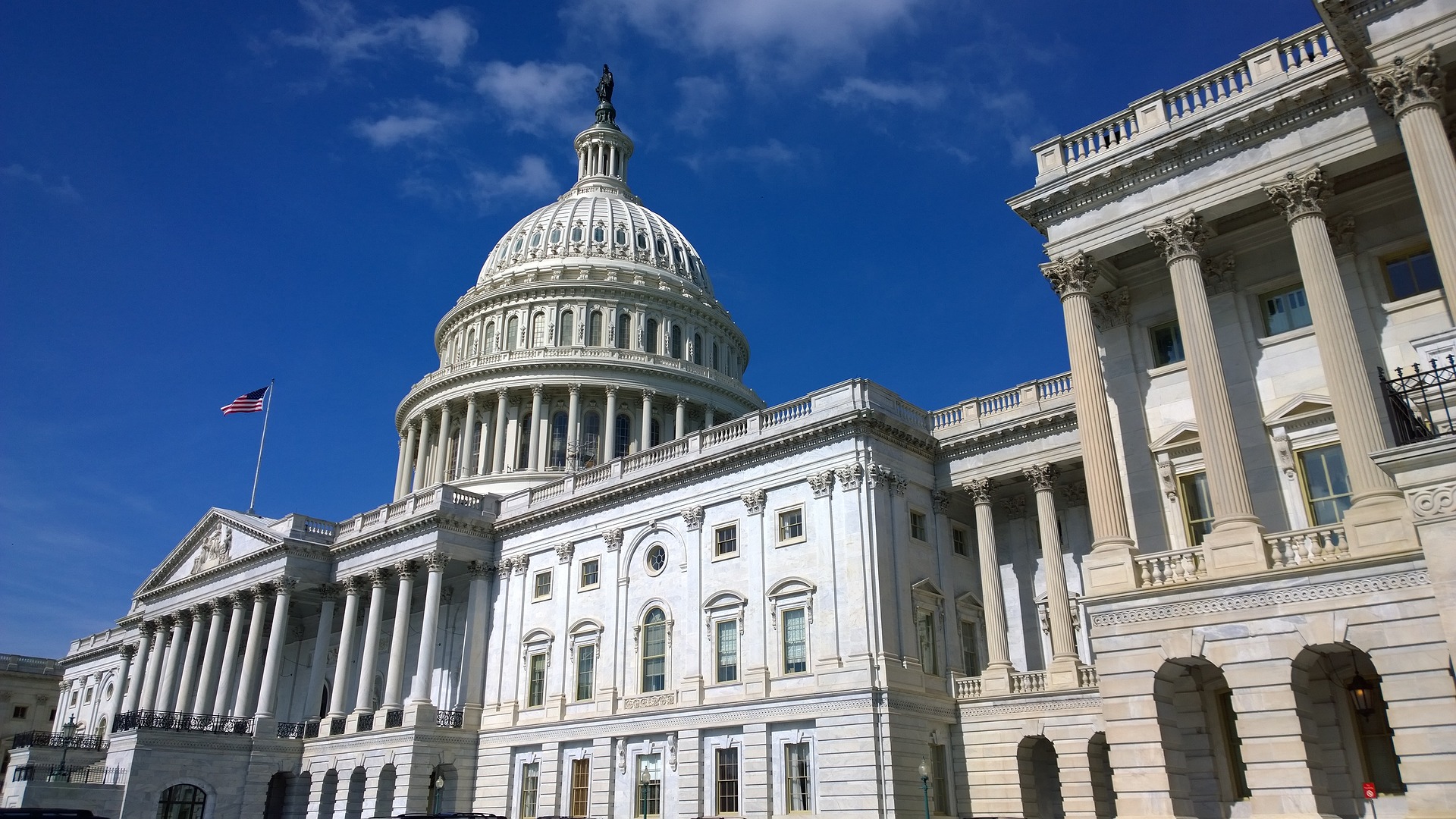The House Ways and Means Committee Chair Richard Neal (D-MA) and Ranking Member Kevin Brady (R-TX) introduced the Securing a Strong Retirement Act of 2020. The bill, which expands on the bipartisan Setting Every Community Up for Retirement Enhancement (SECURE) Act enacted in December 2019, is designed to promote retirement security for Americans.
Click here for a recap of the SECURE Act.
Retirement security has been a priority for both Neal and Brady, and it has been an area on which Republicans and Democrats have been able to find common ground. While it is unclear whether Senate Finance Committee members were consulted or approve of the measure, the Neal-Brady bill contains some provisions included in the Retirement Security and Savings Act (S.1431)—or “Portman-Cardin,” named after its authors Sens. Rob Portman (R-OH) and Ben Cardin (D-MD). Because of this, there could be enough bipartisan support to move the measure through both chambers during the next Congress.
Neal, according to reports in mid-September 2020, was aiming to mark up and pass retirement legislation before the end of the year. Although a markup has not yet been scheduled, the retirement package, given its bipartisan support, could pass during the lame-duck session. If it fails to become law, however, the bill, which has been dubbed “Retirement 2.0,” could lay the groundwork for retirement legislation in the next Congress.
The bipartisan package would, among other things:
- Expand automatic enrollment in 401(k), 403(b) and SIMPLE plans to eligible participants, with an initial automatic enrollment amount between 3% and 10%;
- Simplify the Saver’s Credit by creating one 50% rate, as opposed to three tiers, and increase the maximum credit amount from $1,000 to $1,500;
- Increase the age for required minimum distribution (RMD) from 72 to 75;
- Extend deferral of tax on gains on employee stock ownership plans to S corporations;
- Index the catch-up limit on IRA contributions beginning in 2022;
- For individuals aged 60 and above, index and raise the catch-up limits for retirement plans to $10,000;
- Allow 403(b) plans to participate in multiple employer pension plans;
- Allow employers to match 401(k), 403(b) and SIMPLE IRA contributions with respect to “qualified student loan payments.”
The bill contains other provisions aimed directly at helping taxpayers preserve income. Such provisions would:
- Eliminate certain barriers related to the actuarial test in RMD regulations, thereby increasing the availability of life annuities in qualified plans and IRAs;
- Repeal the 25% exemption limit on qualifying longevity annuity contracts (QLAC), and raise the $135,000 limit to $200,000; and
- Direct the Department of the Treasury to update outdated regulations related to exchange-traded funds (ETFs) so as to ensure ETFs are not precluded from individual variable annuities.
Other provisions would help simplify and clarify retirement plan rules. The bill would:
- Reduce the penalty for failing to take RMDs from 50% to 25%, which would be further reduced if RMDs were corrected in a “timely manner;”
- Exempt plan participants from RMD if their retirement plan contains less than $100,000 on Dec. 31 of the year before they turn 75;
- Allow a one-time IRA distribution to charities up to $130,000;
- Eliminate the requirement that plans send ERISA or IRC notices to unenrolled participants; and
- Require the Department of the Treasury, the Department of Labor and the Pension Benefit Guarantee Corporation to make recommendations to Congress related to consolidating, simplifying and standardizing ERISA and Code reporting and disclosure requirements.
Finally, the bill makes a few technical changes to the SECURE Act.
Click here for the full text and a section-by-section of the bill. For more information, please contact a member of the Brownstein Tax Policy Team.
Thank you to Russ Sullivan and the team at Brownstein Hyatt Farber Schreck for this report.
It’s time to support the future of Family Businesses!!!
Family Enterprise USA advocates for American Family business. We help family businesses communicate their challenges and contributions to American economic freedom to Legislators. We represent all American family businesses; not just specific industries and provide research to enhance the opportunity for success. We help family businesses continue to establish their unique business legacy. Family Enterprise USA is a 501(c)(3) non-profit organization.. Family foundations can donate.

